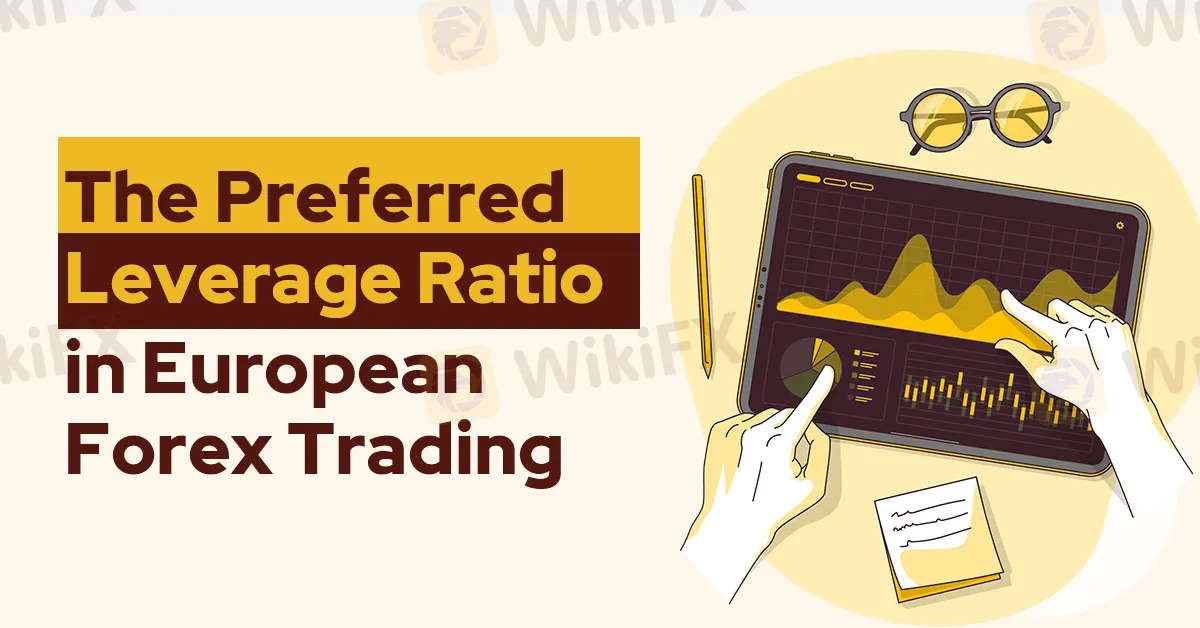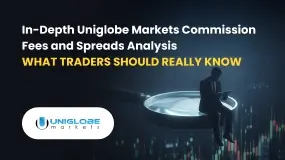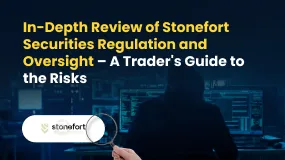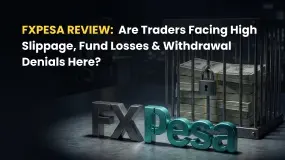简体中文
繁體中文
English
Pусский
日本語
ภาษาไทย
Tiếng Việt
Bahasa Indonesia
Español
हिन्दी
Filippiiniläinen
Français
Deutsch
Português
Türkçe
한국어
العربية
The Preferred Leverage Ratio in European Forex Trading
Abstract:In the landscape of European forex trading, the regulatory framework put forth by ESMA (European Securities and Markets Authority) has a substantial influence. One of the cornerstones of this framework is the imposition of a 1:30 leverage limit for retail traders. This regulation has profound implications for traders in Europe, shaping the trading environment and influencing risk management practices.

In the landscape of European forex trading, the regulatory framework put forth by ESMA (European Securities and Markets Authority) has a substantial influence. One of the cornerstones of this framework is the imposition of a 1:30 leverage limit for retail traders. This regulation has profound implications for traders in Europe, shaping the trading environment and influencing risk management practices.
ESMA's motivation behind implementing the 1:30 leverage limit is rooted in investor protection. By capping leverage at this level, ESMA aims to mitigate the potential for traders to engage in high-risk behavior that could lead to significant losses. This regulation is part of ESMA's broader efforts to enhance market integrity, investor confidence, and overall stability in the financial markets.
The impact of ESMA's leverage regulation goes beyond the numerical constraint. It underscores the importance of responsible trading practices and prudent risk management. Traders are encouraged to approach the market with a mindset that prioritizes sustainable growth over reckless speculation. The regulation serves as a reminder that trading success is built on a foundation of careful strategy, thorough research, and effective risk mitigation.
For traders operating within the European forex market, adhering to ESMA's leverage limitation is not only a regulatory requirement but also a strategic choice. It signals a commitment to adopting responsible trading practices that align with the broader goals of investor protection and market stability.
In conclusion, ESMA's 1:30 leverage regulation represents a significant development in European forex trading. It reinforces the importance of responsible trading behavior and risk management, creating an environment that seeks to balance trading opportunities with investor safeguards.
(For an in-depth understanding of forex trading regulations and to explore broker reviews, turn to Wikifx. As a leading platform, Wikifx offers comprehensive information for traders in the UK and Europe. Visit Wikifx's website to access valuable insights that can enhance your forex trading journey.)

Disclaimer:
The views in this article only represent the author's personal views, and do not constitute investment advice on this platform. This platform does not guarantee the accuracy, completeness and timeliness of the information in the article, and will not be liable for any loss caused by the use of or reliance on the information in the article.
Read more

In-Depth Uniglobe Markets Commission Fees and Spreads Analysis – What Traders Should Really Know
For experienced traders, the cost of execution is a critical factor in broker selection. Low spreads, fair commissions, and transparent pricing can be the difference between a profitable and a losing strategy over the long term. This has led many to scrutinize the offerings of brokers like Uniglobe Markets, which presents a tiered account structure promising competitive conditions. However, a professional evaluation demands more than a surface-level look at marketing claims. It requires a deep, data-driven analysis of the real trading costs, set against the backdrop of the broker's operational integrity and safety. This comprehensive Uniglobe Markets commission fees and spreads analysis will deconstruct the broker's pricing model, examining its account types, typical spreads, commission policies, and potential ancillary costs. Using data primarily sourced from the global broker inquiry platform WikiFX, we will provide a clear-eyed view of the Uniglobe Markets spreads commissions prici

In-Depth Review of Stonefort Securities Regulation and Oversight – A Trader's Guide to the Risks
For experienced traders, the process of selecting a new broker transcends a simple comparison of spreads and leverage. It is a meticulous due diligence exercise where the integrity of the broker's regulatory framework is paramount. Stonefort Securities, a relatively new entrant in the crowded brokerage space, presents a complex and often contradictory profile. On one hand, it boasts a modern MT5 platform and a stream of positive user testimonials. On the other hand, it is shadowed by severe regulatory warnings that question the very foundation of its operations. This in-depth review focuses on the core issue for any long-term trader: Stonefort Securities regulation and oversight. We will dissect the broker's corporate structure, scrutinize its licensing claims, and analyze what the data implies for trader protection and fund security. For traders evaluating whether Stonefort Securities is a trustworthy partner, understanding these details is not just important—it is essential.

FXPesa Review: Are Traders Facing High Slippage, Fund Losses & Withdrawal Denials?
Do FXPesa support officials fail to pick up your calls when you raise fund withdrawal requests with the broker? But are these officials always open to you regarding fund deposits? Do you frequently spot slippage and stop-loss order execution errors on the FXPesa login? These issues are increasingly becoming common with this forex broker. Consequently, many traders have expressed their dissatisfaction with the broker online. In this FXPesa Review article, we have shared some of these complaints. Take a look!

Trive Investigation: High Score, Hidden Risk - The Profit Paradox
A disturbing pattern has emerged regarding the broker Trive. Despite holding a high WikiFX score (7.91) and valid licenses in South Africa and Australia, recent investor reports suggest a significant disconnect between the platform's reputation and its treatment of profitable clients. While the regulatory paperwork appears in order, our data indicates that traders are facing sudden account freezes and accusations of "trading abuse" precisely when they attempt to withdraw profits. This report investigates why a seemingly "safe" broker is generating high-risk complaints.
WikiFX Broker
Latest News
WikiFX's New Evaluation of ATM Capital LTD: Does its License Protect the Arab Investor?
How a Fake Moomoo Ad Led to the “New Dream Voyage 5” Scam
Is Axi Legit? A Data-Driven Analysis of Its Regulatory Standing and Trader Feedback
FXPesa Review: Are Traders Facing High Slippage, Fund Losses & Withdrawal Denials?
Trive Investigation: High Score, Hidden Risk - The Profit Paradox
In-Depth Uniglobe Markets Commission Fees and Spreads Analysis – What Traders Should Really Know
Bessent believes there won't be a recession in 2026 but says some sectors are challenged
Is GGCC Legit? A Data-Driven Analysis for Experienced Traders
Young Singaporean Trader Grew USD 52 into a USD 107,700 Portfolio
In-Depth Review of INZO Trading Conditions and Product Offering – A Data-Driven Analysis
Currency Calculator




